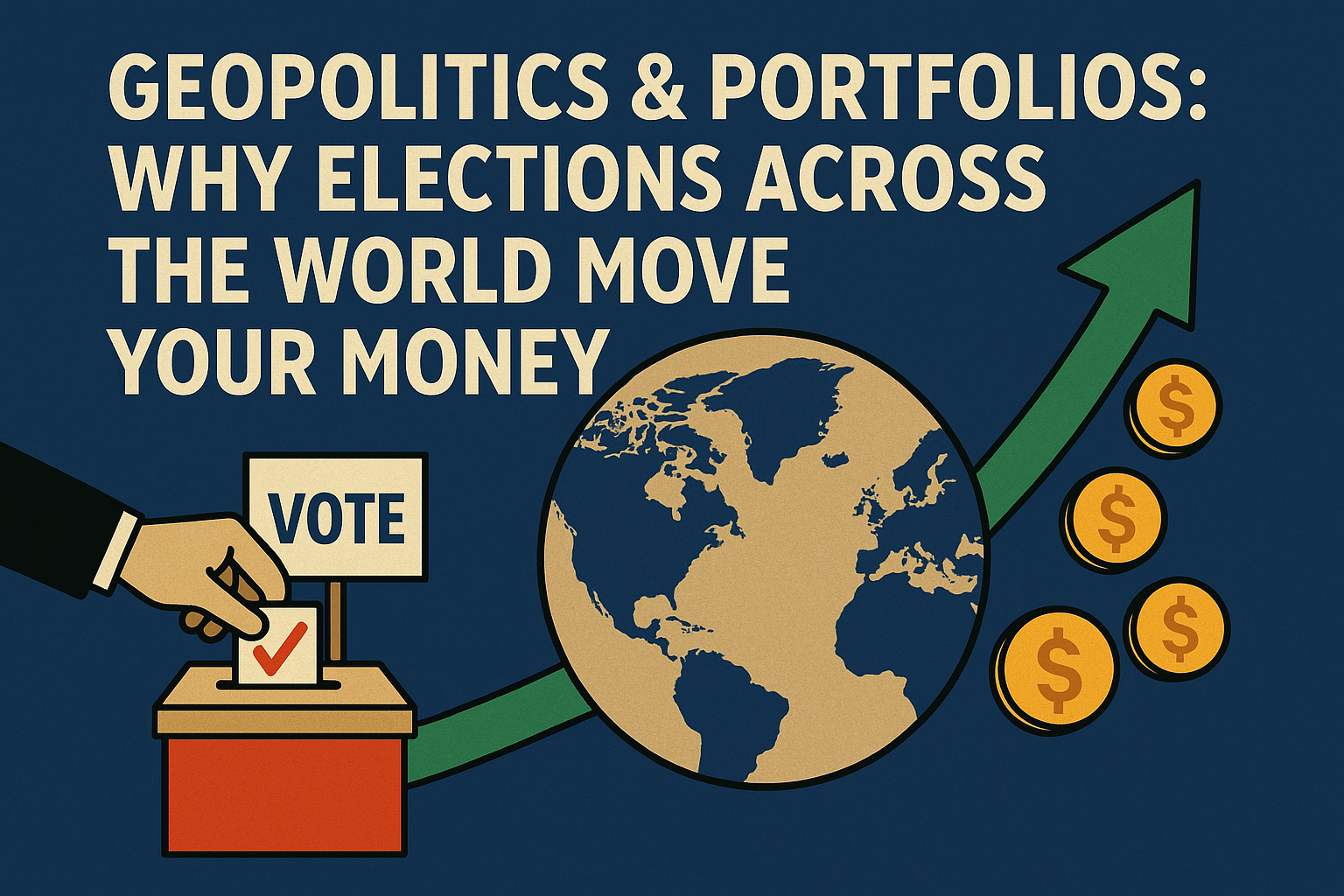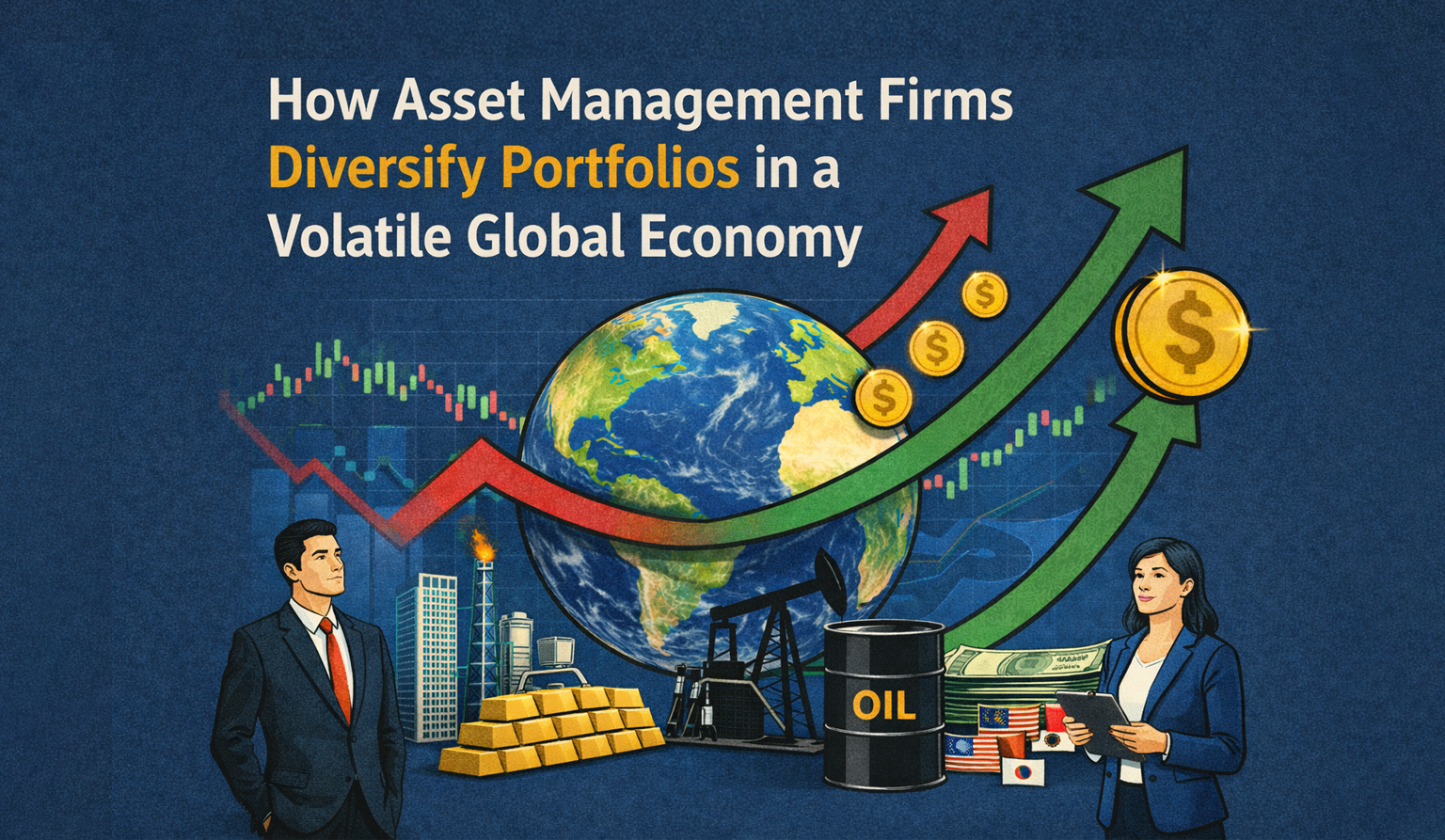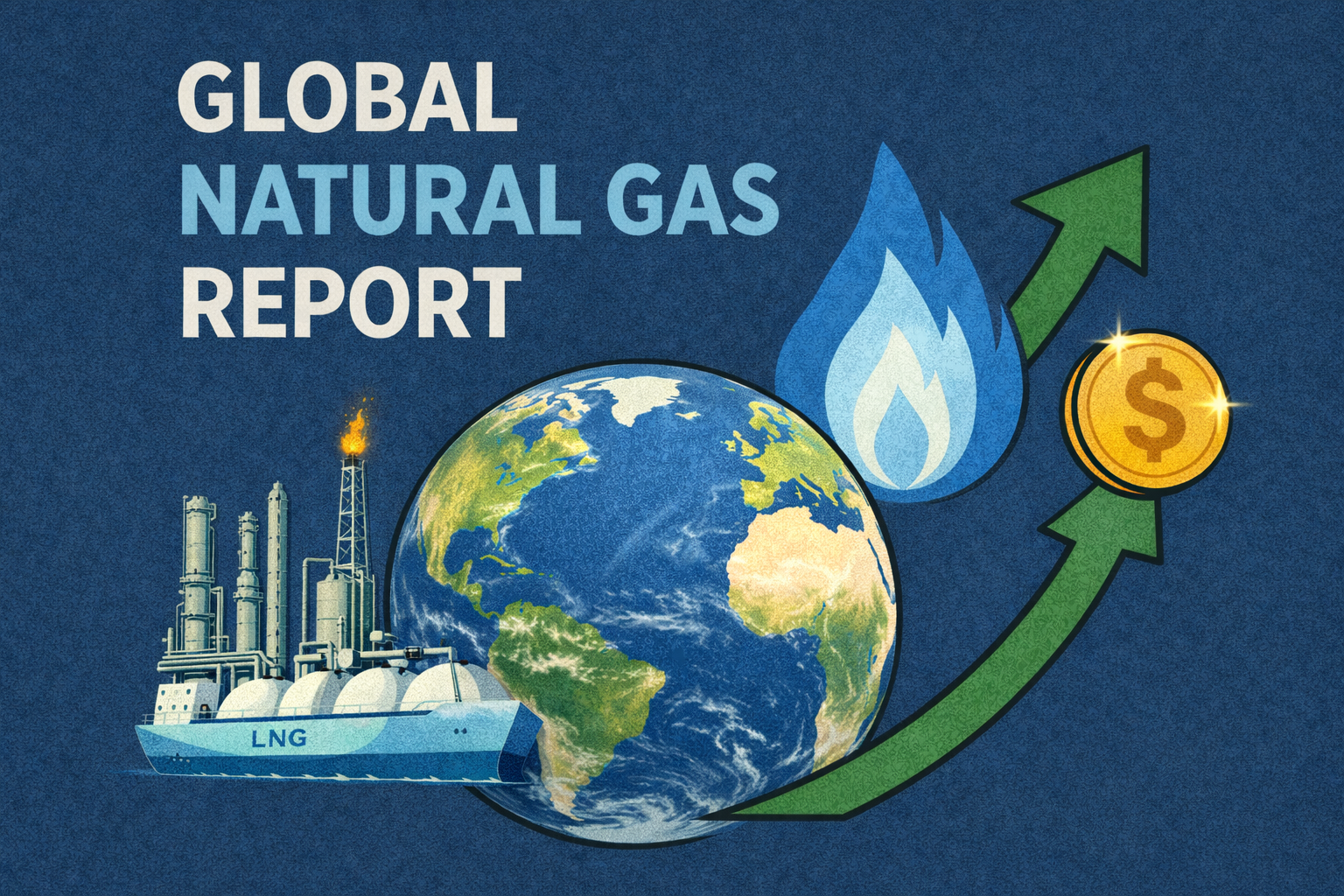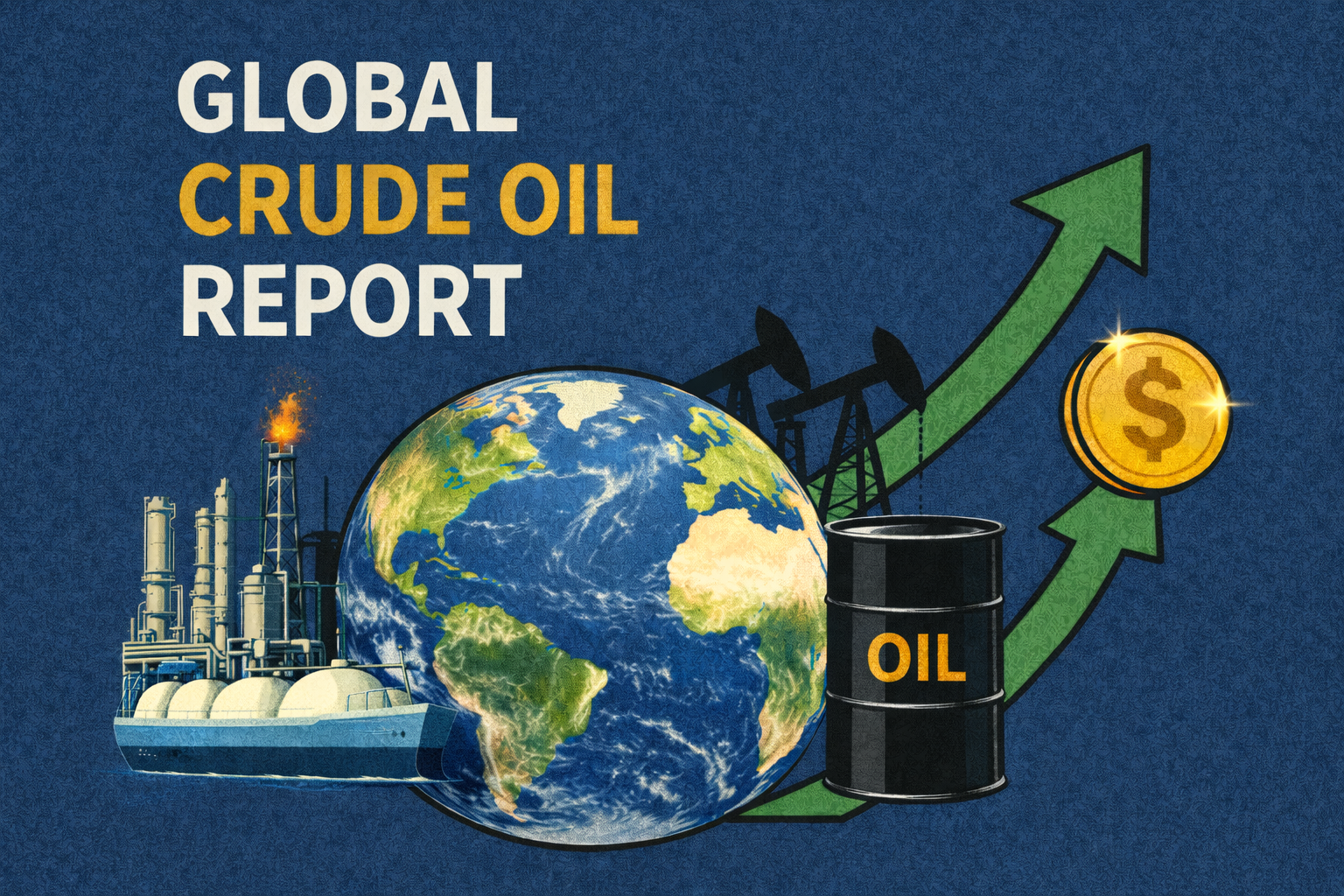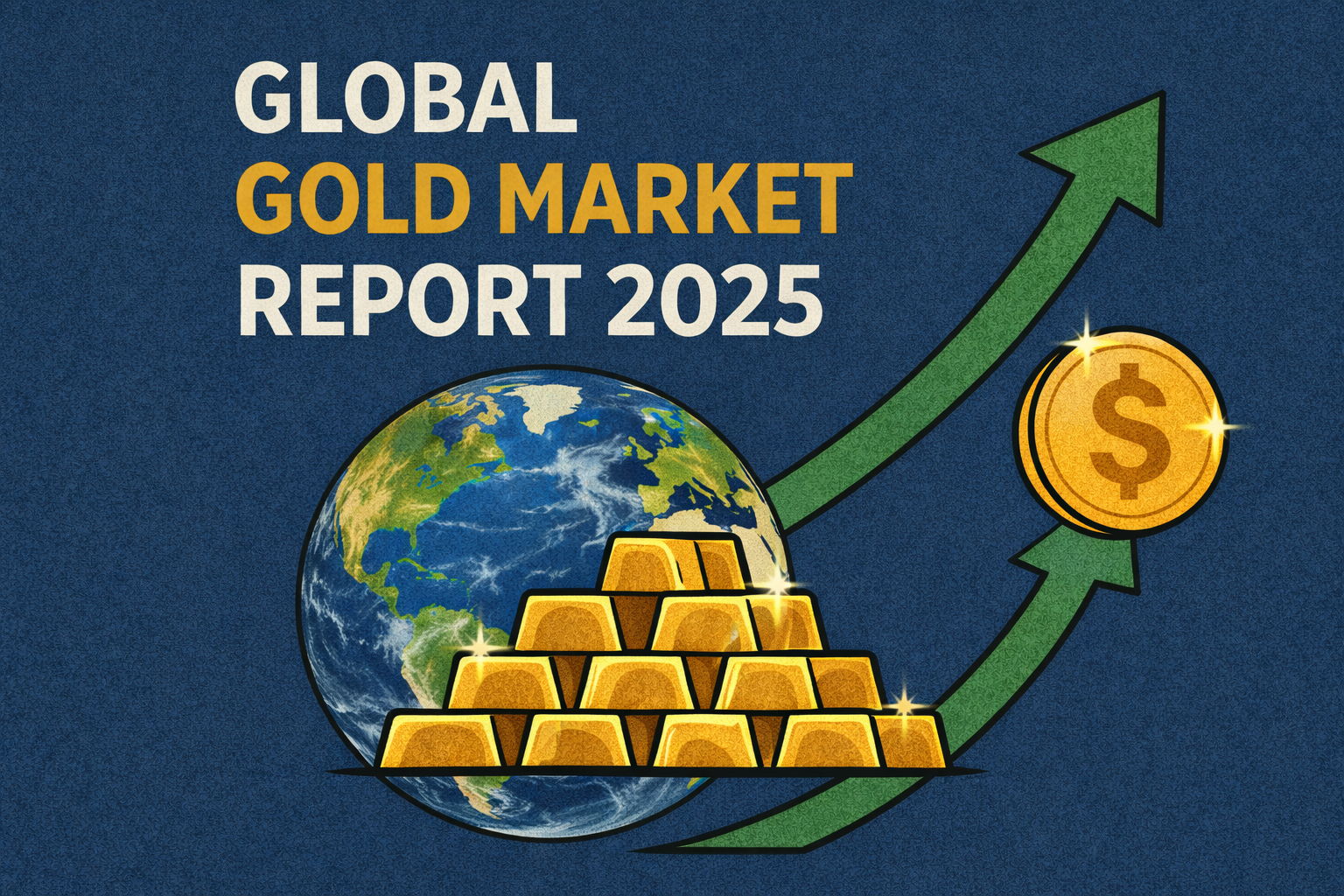When we think of elections, we often picture rallies, manifestos, and political debates. But for investors, elections are much more than political theater—they’re market-moving events that can reshape portfolios overnight. From Washington to New Delhi, election outcomes influence policies, currencies, trade flows, and even investor sentiment worldwide.
So, why do elections across the world move your money? Let’s break it down.
Elections: A Global Market Trigger
- Policy Shifts Drive Market Expectations
- A pro-business government may boost equities through tax incentives and deregulation.
- A populist government may focus on subsidies, reshaping consumer demand but straining fiscal balances.
- Trade & Foreign Relations
Elections often redefine international alliances. For example:- A U.S. administration’s stance on tariffs can ripple across Asian and European stock markets.
- Emerging markets like India attract (or lose) foreign capital depending on election outcomes.
- Market Sentiment & Volatility
- Even before results are announced, investor sentiment drives volatility. Markets often react to polls, campaign promises, and exit polls.
- Global funds rebalance portfolios quickly, leading to sudden inflows or outflows in emerging economies.
Real-World Examples
- U.S. Presidential Elections: Wall Street often prices in policies on corporate taxes, energy, and defense spending.
- Indian General Elections: Domestic markets surge or fall based on expectations of reform, infrastructure spending, and FDI policy.
- European Elections: Outcomes in Germany, France, or the UK directly impact the euro, pound, and bond markets.
Portfolio Implications for Investors
- Diversification Matters
Elections are unpredictable. Holding a mix of assets (equities, bonds, gold, and international funds) reduces the risk of sudden shocks. - Currency Exposure
Political shifts influence currencies. Investors exposed to USD, INR, or EUR should watch how elections impact forex volatility. - Sector-Specific Opportunities
- Energy, defense, and infrastructure often see significant movement during election cycles.
- Technology and healthcare can benefit or suffer based on regulatory policies.
Long-Term View vs. Short-Term Noise
Elections cause short-term volatility, but long-term fundamentals—like demographics, productivity, and innovation—still drive market direction. Smart investors stay disciplined, avoid emotional reactions, and focus on strategic asset allocation.
Conclusion
Elections don’t just decide governments—they influence where global capital flows. For investors, understanding this geopolitical reality is essential. By preparing for uncertainty and building resilient portfolios, you can turn political volatility into an advantage rather than a threat.
______________________________________________________________________________________
Disclaimer: This blog post is for informational purposes only and should not be considered as financial advice. Always consult with a professional financial advisor before making any investment decisions.




